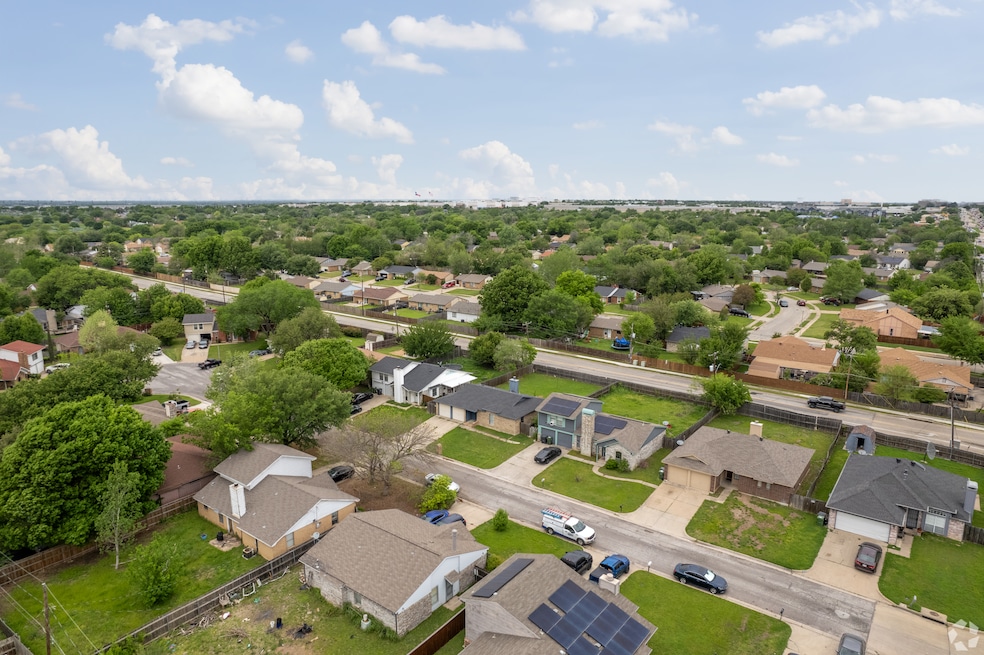If the last month provided a glimmer of hope for the mortgage market, this week brought a reality check: Mortgage rate averages increased for the first time in five weeks.
The 30-year, fixed-rate mortgage averaged 6.72% on a weekly basis as of Thursday, according to the latest data released by mortgage giant Freddie Mac, which buys loans from banks, bundles them into securities and sells them. It is an increase from a week earlier.
The 15-year, fixed-rate mortgage averaged 5.86% during the same time, reflecting an increase from the previous week.
Sam Khater, Freddie Mac's chief economist, said the upward pressure was mostly because of last week's jobs report, which showed a stronger-than-expected labor market. But even after this week's increase, mortgage rates are still averaging lower than a year ago, creating a mixed and nuanced picture.
Mortgage rates are stuck
This week's data is the latest evidence that mortgage rates are stuck: The 30-year, fixed-rate average hasn’t fallen below 6.62% this year. The overarching message from experts right now is that the trend will likely continue, unless data about the economy shows a drastic change.
Though daily mortgage rates are more volatile and subject to immediate lender reaction, they can do a good job of showing how sensitive the market is to economic news.
This week, for example, Mortgage News Daily’s measure of mortgage rates showed an upward trend after last week's jobs report and the tax bill signed into law last Friday. Rates had corrected by Wednesday afternoon, though, when the 30-year, fixed-rate mortgage had eased to 6.77% and the 15-year, fixed-rate mortgage had dropped to 5.98%.
Matthew Graham, chief operating officer of the mortgage database, noted that the week’s activity was proof that “there is never a guarantee about the future when it comes to potential shifts in rate trends.”
“It will ultimately require rate-friendly economic data next week to solidify the positive message,” he added in a blog post about daily rates on Wednesday. “Conversely, if the data is unfriendly, it could spark another ‘non-winning streak,’ or worse.”
In other words, data about the economy and investor behavior needs to keep moving in the right direction for mortgage rates to hold their downward trend.
Borrowers are capitalizing on falling mortgage rates
Even so, the last five weeks were enough to pull some borrowers off the sidelines.
Mortgage loan application volume surged 9.4% in the week ended July 4, according to the Mortgage Bankers Association’s weekly index. It’s the most activity in the market since February 2023.
The index measures both changes in applications for purchases and refinances, both of which increased 9% on a weekly basis. Compared to the same week in 2024, purchase demand increased 25%, and refinance demand jumped a whopping 56%.
If the downward pressure on mortgage rates continues, it could be a boon for homebuyers, especially because home price growth is slowing and the number of houses for sale is increasing.
“The mortgage rate is the magic bullet, and we are just waiting and waiting as to when that could come down," Lawrence Yun, chief economist at the National Association of Realtors, said at a conference last month. "Housing demand appears to be there, but just not getting realized at the moment.”


